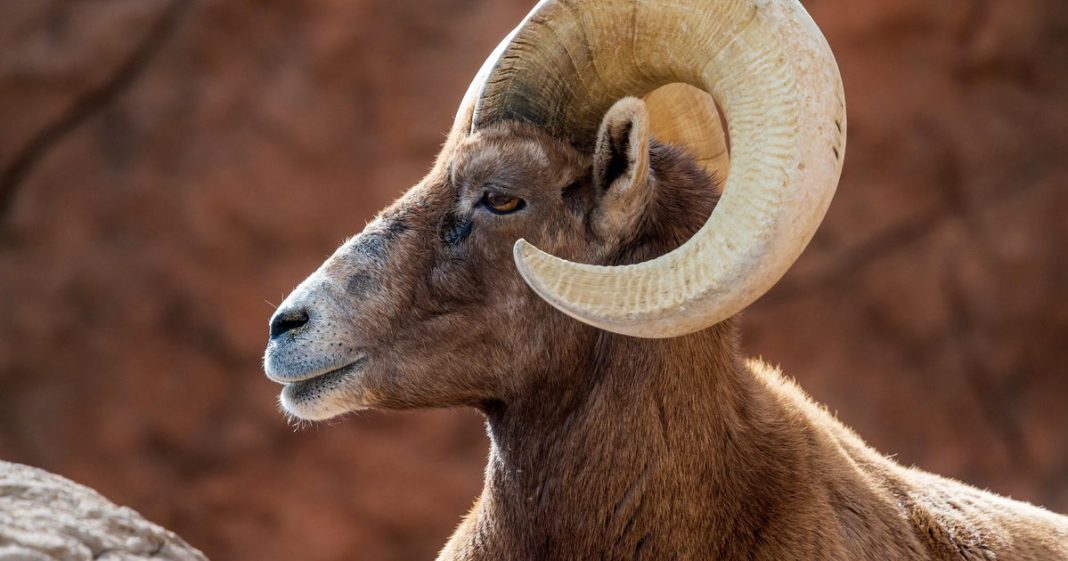Bighorn sheep have become a rarity in Texas, but a group of wildlife biologists are on a mission to rescue the species.
About 50% of the state’s bighorn sheep population was decimated in the last five years due to disease, said Froylán Hernández of the Texas Parks and Wildlife Department. Hernández is the program leader for the department’s Desert Bighorn Sheep Program.
The disease spread to the bighorn sheep from other animals, which people brought to the region. Bighorn sheep are native to the western mountains and were once revered by Native Americans.
Last fall, wildlife biologists planned a rescue. They captured dozens of bighorn sheep, some pregnant, from the only disease-free Texas herd left.
The biologists airlifted the sheep to veterinarians to ensure they were healthy, and then moved the sheep more than 200 miles to an isolated mountain range, free of disease-carrying species.
Biologists returned to the herd this month in the Franklin Mountains in West Texas to see if the sheep survived, and maybe if the herd grew. They found a line of nine sheep, including lambs that were just days old.
The Texas herd is growing again, and biologists hope it won’t butt heads with humans or disease.
“I am extremely, extremely happy, very, very satisfied,” Hernández said. “It’s monumental.”




